Latest
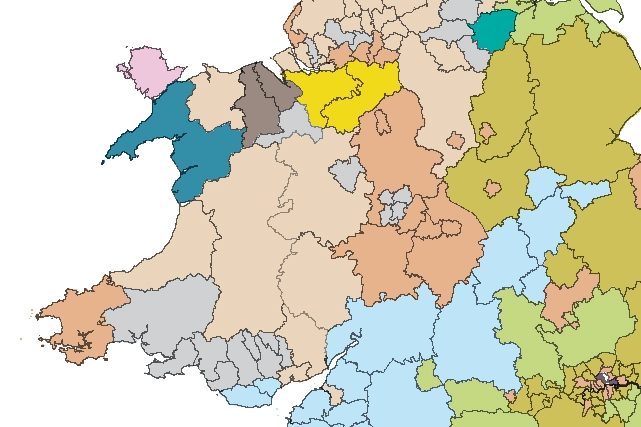
Map of BGS BritPits showing the distribution of worked mineral commodities across the country
18/02/2026
BGS’s data scientists have generated a summary map of the most commonly extracted mineral commodities by local authority area, demonstrating the diverse nature of British mineral resources.

Funding awarded to map the stocks and flows of technology metals in everyday electronic devices
12/02/2026
A new BGS project has been awarded Circular Electricals funding from Material Focus to investigate the use of technology metals in everyday electrical items.
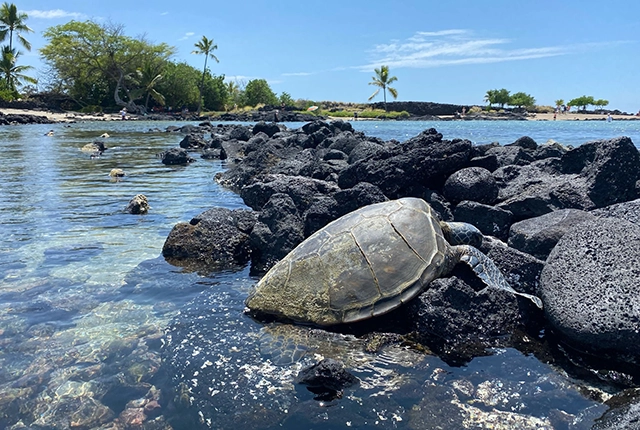
MARC Conference 2025: highlighting the importance of conferences to PhD students
16/02/2026
BGS and University of Nottingham PhD student Paulina Baranowska shares her experience presenting her research on nuclear forensics at her first international conference.
Explore more news
Browse all news and events by category

World Water Day
22/03/2021
Jade Ward shares an overview of the ways in which groundwater resources are helping to address worldwide issues such as the global water crisis, waterborne disease and climate change adaptation.
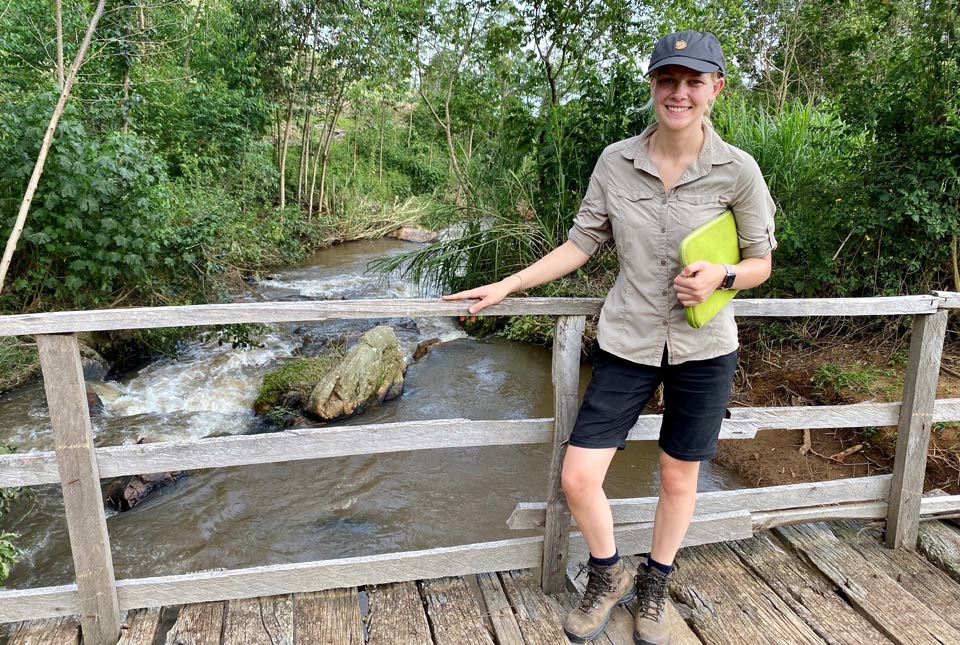
Land-to-lake micronutrient transfer in east Africa
18/03/2021
Sophia shares her experience from her first year as a PhD student with the Inorganic Geochemistry Facility
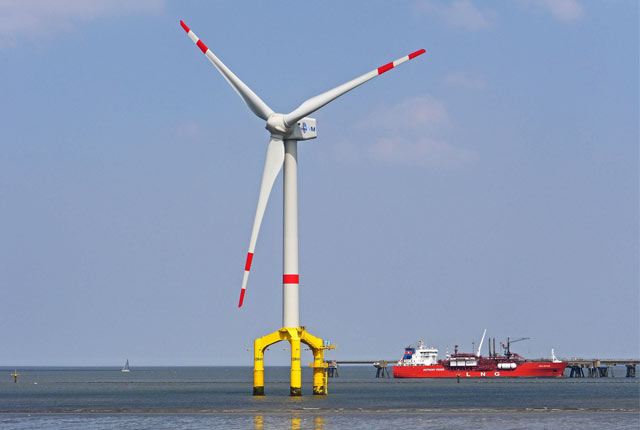
Environmental understanding: adapting to a changing climate
16/03/2021
From food security to mitigating geohazard risks, environmental understanding is essential for mitigation and resilience in a changing climate.
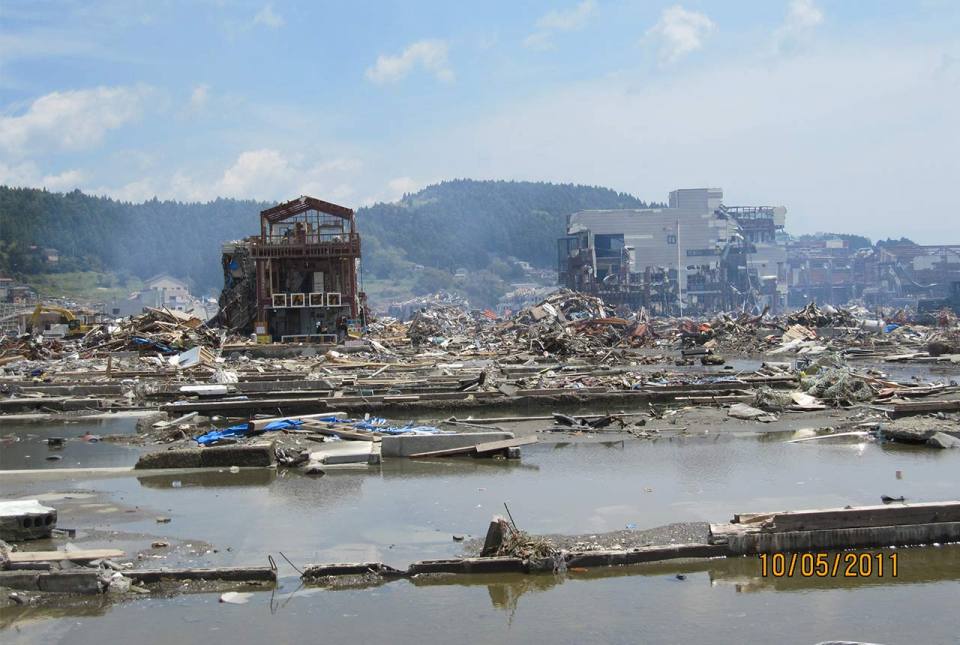
10 years on: the 2011 Great East Japan Earthquake and Tsunami
11/03/2021
In remembrance, Prof David Tappin discusses the importance of tsunami anniversaries
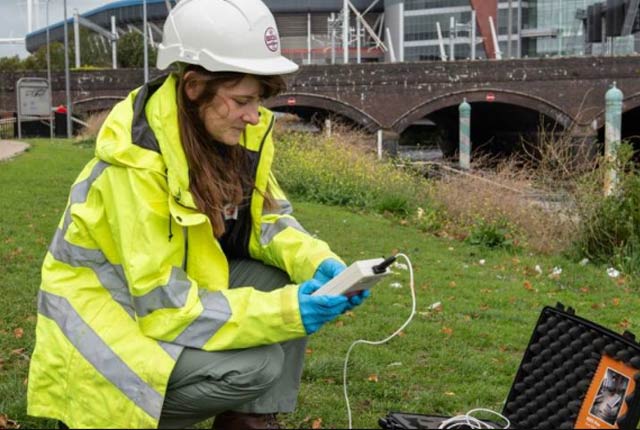
Dadlau dros gyfathrebau dwyieithog
11/03/2021
Welsh geologist Ashley Patton makes the case for sharing bilingual content, especially when working with the public.

Exploding rocks: the UK’s first Selfrag machine
09/03/2021
BGS’s new Selfrag machine is helping to unearth the history of rocks.
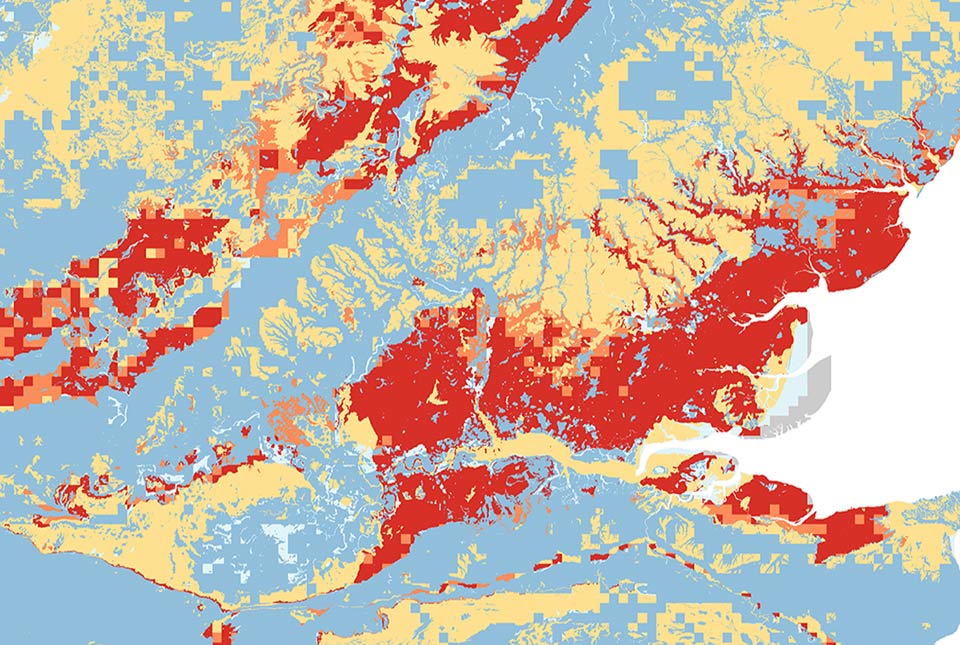
GeoClimate launch event — reducing subsidence risk due to climate change
Event on 20/05/2021
Learn more about a major new release of our GeoClimate UKCP18 data
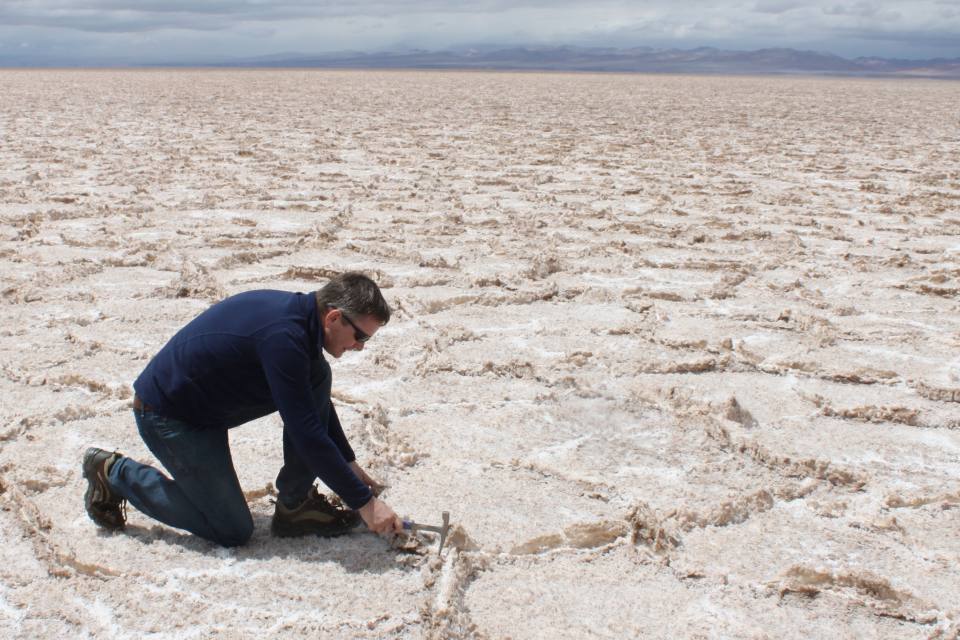
Virtual fieldwork during a global pandemic
03/03/2021
Virtual field reconnaissance can help maintain research momentum during the COVID-19 pandemic.


